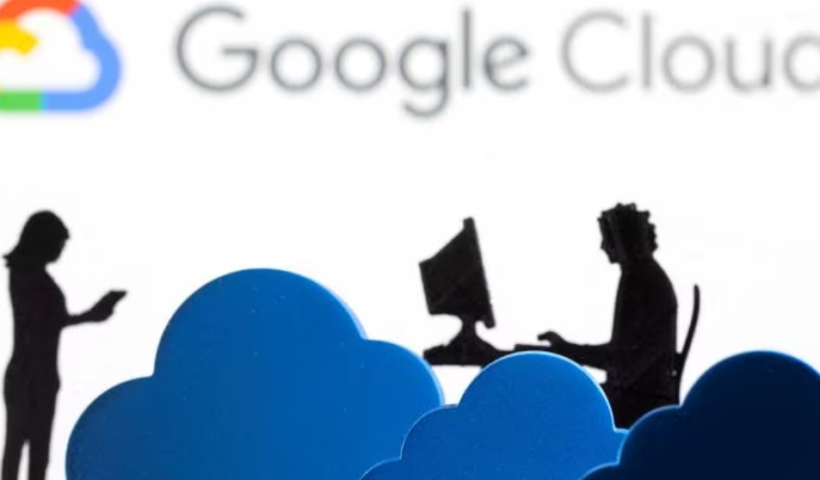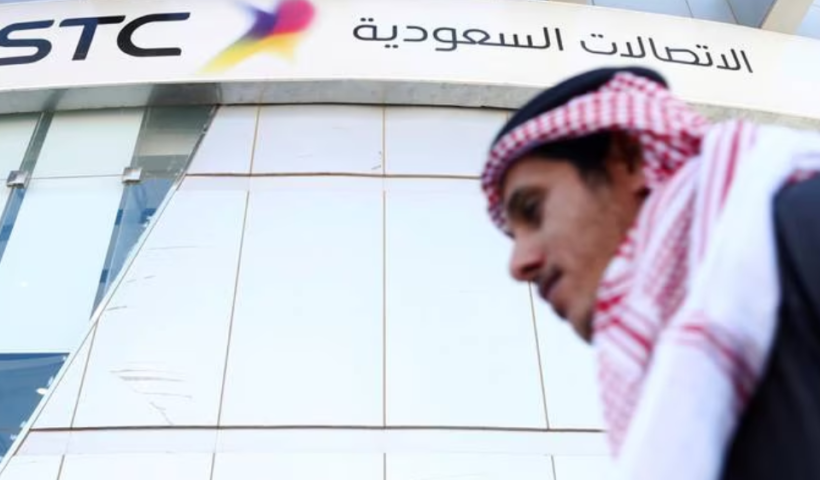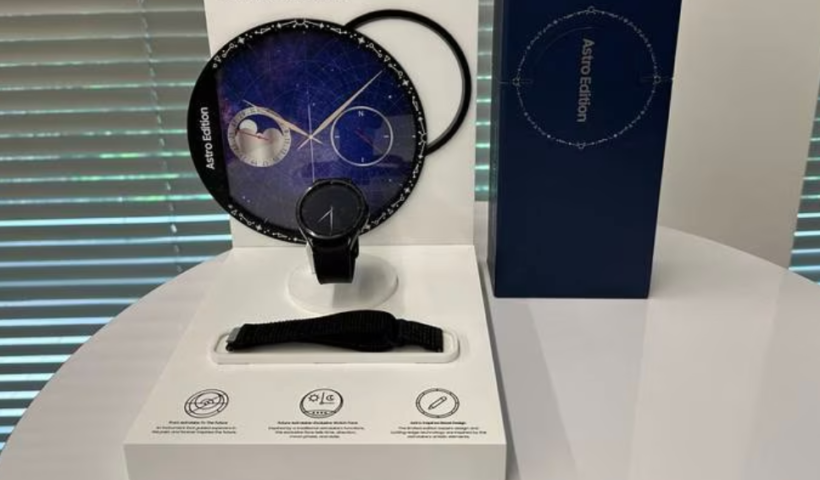The world’s largest technology company, Google, is strengthening its commitment to AI by implementing the most cutting-edge version of the technology on its user-centered platforms.
At its annual Cloud Next conference this week in San Francisco, Google, whose parent company Alphabet is the largest internet firm in the world, is introducing generative AI enhancements throughout its portfolio, including for Google Meet, Google Slides, and Google Chat.
The updates are “built for the future” and represent a “major evolution” for the company’s ecosystem, according to Kristina Behr, vice president of management of products for collaboration and apps at Google. The ecosystem is a collection of interconnected apps and services that range from the cloud and data centers to workspaces and its Android platform.
Because of our cloud-native design and extensive experience with AI, we were able to quickly apply the power of Google’s sophisticated large language models to workspace, according to the spokesperson. “We’re fundamentally redefining AI’s role as your collaborative companion across workspace,” she added.
The new Take Notes for Me function, which makes use of generative AI to serve as a meeting assistant and record notes, action items, and short video clips in real time, will put Duet AI “at the forefront of conversations and messages” on Google Workspace.
Duet AI is a generative AI-powered collaborator that was unveiled at the I/O conference in May and has features including the capacity to summarize text and produce graphics. First, it was incorporated into Google Cloud.
When a user fails to attend a meeting, Duet AI can represent them and send the user a document after the meeting.
Duet AI will assist users in creating speaker notes on Google Slides, the company’s presentation software, based on the information in each slide. Duet AI also supports real-time teleprompting and language translation.
Google has “significantly invested in chat in order to make it easier for groups to connect and collaborate anywhere,” according to Ms. Behr, and it now supports more than 300 language combinations. In contrast, Duet AI on Google Chat will operate as a “real-time partner” who can offer notifications, analysis, and proactive advice across a user’s Workspace apps.
Insights from a user’s Gmail and Google Drive accounts can also be requested from Duet AI, as well as a recap of recent chats. Google Chat spaces will soon accommodate 500,000 users.
When utilizing any of Google’s services, Ms. Behr added, protection is “kept intact and automatically applied” to maintain the confidentiality and privacy of user data.
Customers may be confident that their conversations with Duet will remain within of their organization and their current workspace because, as she stated, “protecting the privacy and confidentiality of customer data continue to be our top priority” as Duet AI is integrated into Workspace.
Businesses and corporations have long employed AI to improve workflow efficiency and optimize operations.
With the advent of generative AI, which gained notoriety through ChatGPT, the language model-based phenomenon created by Microsoft-backed OpenAI and capable of producing a variety of data types, including audio, code, photos, text, simulations, 3D objects, and videos, its popularity skyrocketed.
As a result, Microsoft and Google competed to release Bard first. Additionally, it spurred Apple to upgrade its Siri personal digital assistant and opened up a new front in the tech industry, with X CEO Elon Musk introducing xAI.
Following a spike in interest in 2019, investors invested more than $4.2 billion into generative AI start-ups through 215 deals in 2021 and 2022, according to latest data from CB Insights.
According to a report released this month by Goldman Sachs Economic Research, global AI investments are anticipated to reach $200 billion by 2025 and may have a greater effect on GDP.
“This is a moment of exciting change. Sundar Pichai, CEO of Google and Alphabet, earlier said, “We have the opportunity to make AI even more beneficial for people, for businesses, for communities, for everyone.
We have long used AI to make our products significantly more useful. We’re moving forward with generative AI.”
Additionally, Google revealed a partnership with General Motors to implement conversational AI in the US’s largest automaker’s millions of vehicles.
This came after Microsoft and Mercedes-Benz teamed together to test ChatGPT in the German luxury car manufacturer’s fleet in June, marking the first time the technology had been used in a vehicle.
In addition, Google has partnered with international consulting firms like Deloitte and Capgemini to train more than 150,000 individuals in AI. By 2025, they also hope to have tripled the amount of generative AI they can handle for Google Cloud.
Moody’s Investors Service, MSCI, Bayer, a German multinational, and Capcom, a Japanese video game developer, are a few other famous clients that Google has acquired. The Google Cloud Next conference is anticipated to feature additional announcements.



